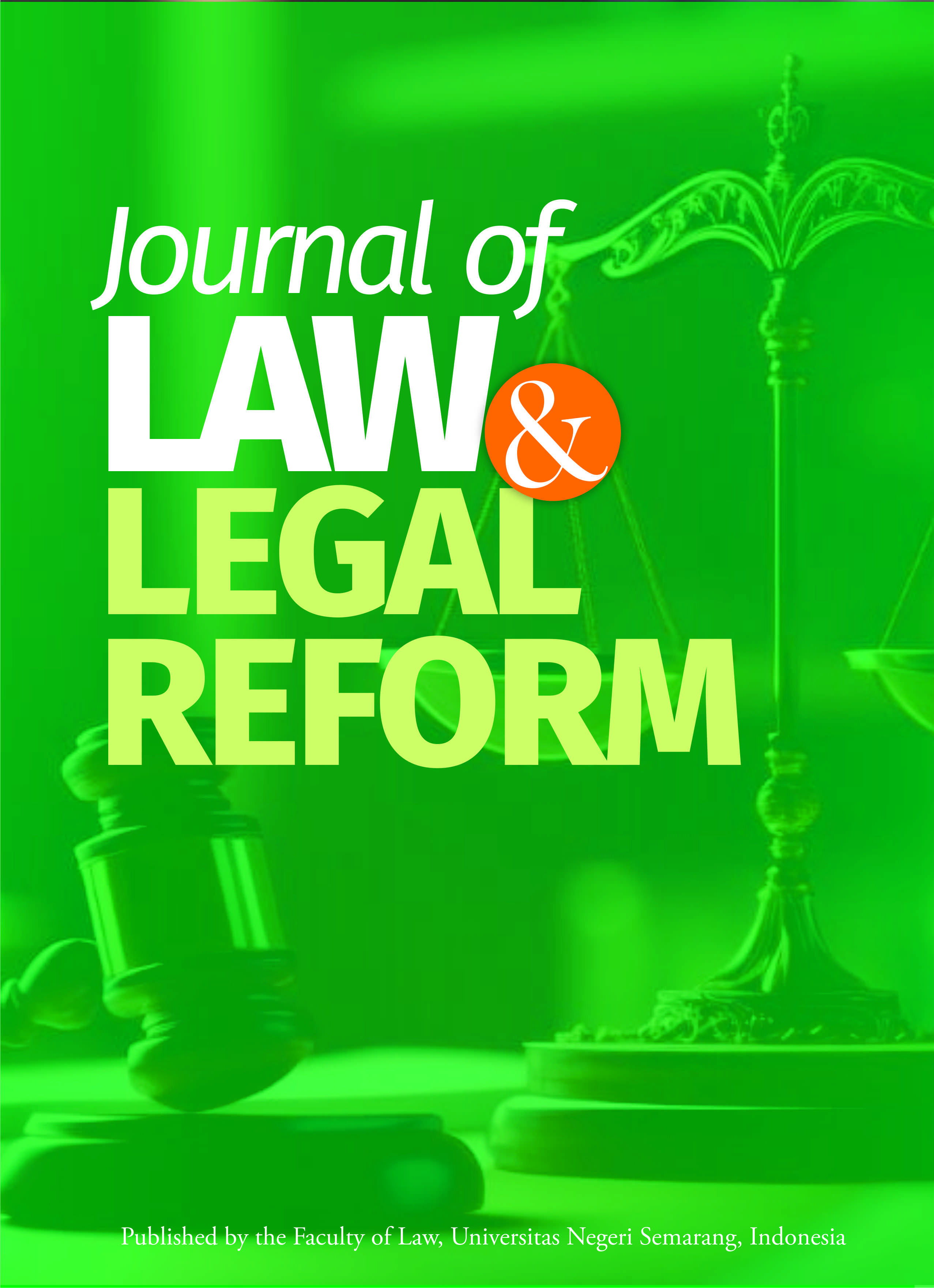Power and Authority in the State Administration System: Comparing the Netherlands and Indonesia
Main Article Content
Abstract
The state is an organization that includes territory, a number of people, and has sovereign power. Every country has a political system, namely a pattern of mechanisms or the exercise of power. While power is the right and authority and responsibility to manage certain tasks. The management of a country is what is called the constitutional system. The constitutional system is studied in political science. In Indonesia, the regulation of the constitutional system is regulated in the 1945 Constitution, Laws or Government Regulations in Lieu of Laws, Government Regulations, Presidential Regulations, and Regional Regulations. The government of the Netherlands adheres to a constitutional monarchy system, where the government is established under a constitutional system that recognizes the king (or emperor) as the head of state. Modern constitutional monarchies usually use the concept of trias politica or triad politics. This means that the king is only the symbolic chairman of the executive branch. If a king has full governmental power, he is called absolute monarchy. Because the Dutch state adheres to a constitutional monarchy government system, this governmental process has an impact, namely that sometimes it comes from the king himself because he is afraid of being coup d'etat or sometimes the constitutional process takes effect because of the people's revolution against the king.
Article Details
All writings published in this journal are personal views of the authors and do not represent the views of this journal and the author's affiliated institutions. Author(s) retain copyrights under a Creative Commons Attribution-NonCommercial-ShareAlike 4.0 International (CC BY-NC-SA 4.0).
References
Effendi, A., Poernomo, F., & Ranuh, I. S. (2016). Teori Hukum. Jakarta: Sinar Grafika.
Lubis, M. S. (1992). Hukum Tata Negara. Bandung: Mandar Maju.
Mahfud, M. D. (2009). Politik Hukum di Indonesia. Jakarta: Rajawali Pers.
Mahfud, M. D. (2010). Membangun Politik Hukum Menegakkan Konstitusi. Jakarta: Rajawalia Pers.
Prasetyo, A. (2021). Studi Perbandingan Kewenangan Pengawasan Lembaga Peradilan Antara Komisi Yudisial Republik Indonesia Dengan Komisi Yudisial Belanda. Thesis. Medan: Universitas Muhammadiyah Sumatera Utara.
Rahardjo, S. (1991). Ilmu Hukum. Bandung: Citra Aditya Bakti.
Rahardjo, S. (2003). Sisi Lain Dari Hukum di Indonesia. Jakarta: Kompas.
Republic of Indonesia. (1945). Undang-undang Dasar Tahun 1945 Amandemen IV
Safa'at, M. A. (2010). Parlemen Bikameral: Studi Perbandingan di Amerika Serikat, Perancis, Belanda, Inggris, Austria, dan Indonesia. Malang: Universitas Brawijaya Press.
Syafiie, I. K., & Azikin, A. (2007). Perbandingan Pemerintahan. Bandung: PT. Refika Aditama.
Toonen, T. A. (1990). The unitary state as a system of co‐governance: The case of the Netherlands. Public Administration, 68(3), 281-296.
Tutik, T. T. (2008). Konstruksi HTN Indonesia Pasca Amandemen UUD 1945. Jakarta: Kencana.
Zulfajri, Z., Jalil, H., & Gani, I. A. (2019). Pemilihan Kepala Daerah di Indonesia dan Perbandingannya dengan AS, Belanda, dan India. Kanun Jurnal Ilmu Hukum, 21(3), 377-396.
